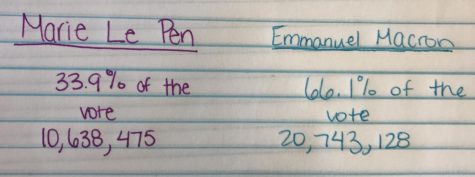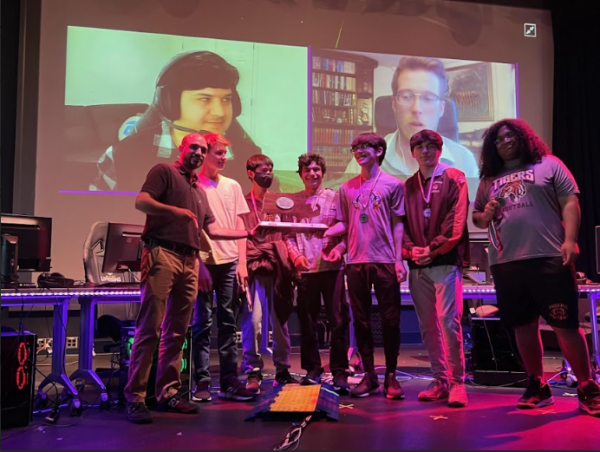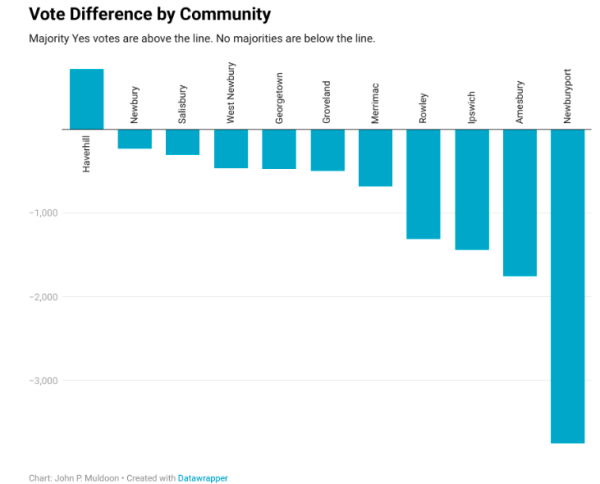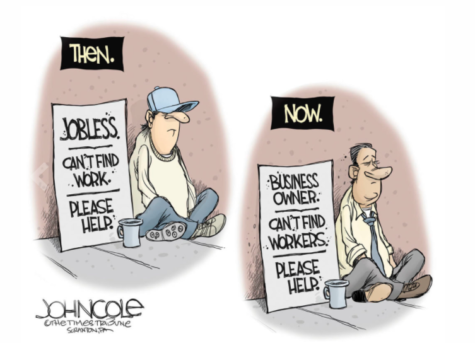En Marche!
May 24, 2017
After leading France for five years as president, Francois Hollande declared on December 1, 2016 that he would not seek reelection. Being the second least popular president since the second world war, his satisfaction rate dropped to just 4%. Hollande’s decision has created major conflicts and concerns in the political industry, especially since the Socialist Party, which he represented, and the Centre Right have been running France since the 1950s.
Out of the eight candidates who ran for presidency this year, only two made it to the final round. Marine Le Pen, 48, representing the National Front, came in second in the first-round vote, with 21.3% of the total ballot, and Emmanuel Macron, 39, who is a social and economic liberal representing the En Marche! party, is the clear winner in the first round with 24% of the votes. Macron won the election with 20,743,128 popular votes, 66.1%, to 10,638,475 popular votes for Le Pen, 33.9%.
Let’s talk a little bit about the main issues candidates had to focus on this presidential election; unemployment and security. Although these issues are the main concerns in all countries, France has an unemployment of about 10% which is the eighth highest among the 28 European Union member states while one in four people under 25 are unemployed. Not to mention, the country is currently in a state of emergency as more than 230 people have been killed in terrorist attacks since January of 2015.
Once his government takes shapes, Macron plans on overcoming the economic challenges by hopefully making a budget savings to be able to stick to the EU’s limit of 3% of GDP (Gross Domestic Product), introducing further flexibility around a legal framework of labor rights and rules, bringing unemployment down to 7% by 2022 and extend unemployment benefits to groups currently untitled, such as self-employed entrepreneurs and framers. Regarding foreign relations and affairs, Macron supports multilateral institutions such as the UN security council, as well as the promotion of the French language. When it comes to Syria and President Bashar al-Assad, Macron believes that he should answer for his crimes before an international forum. Finally, he would like to increase spending in Africa by raising overseas aid to the European target of 0.7% of gross national income, but he also wants to help those countries themselves.
Many people believe that elections in democratic countries are identical, but there are many differences and techniques that distinguish European and American presidential races. France, for example, has no electoral sub-units and the “winner-take-all” basis is not used, due to the fact that this system makes it extremely difficult for “third parties” to have any real impact on the decision of who gets elected, instead two different rounds of election take place in which two parties with the largest percentages on the first ballot are the only choice that is offered; this only happens if a candidate does not receive more than 50% of the vote.
The French system allows groups of all political varieties to present a presidential candidate in the first round, which serves as a demonstration of popular strength, serving primarily to affect the policies of the winning party after the second round. Due to different electoral rules and flaws in the voting system, the French system seems to work better for the radical left, whereas the U.S. system seems to work better for the far right.
To find out how closely Americans followed the election, we interviewed high school senior Jess Sweeney and Mrs. Fitzpatrick. When Jess was asked if she followed the election, she responded “that [she] didn’t follow the election very closely, but [she] knows that Macron beat his competitor by a lot.” To see how closely adults followed the election, we interviewed Mrs. Fitzpatrick. When asked if she followed the election, she responded that she “did follow the election. It was a very big and important election for France, and [she] wanted to know who won to see what direction France would take in the future.” Although the French election wasn’t followed too closely by Americans, they were aware that the outcome of the election would greatly impact the country.







